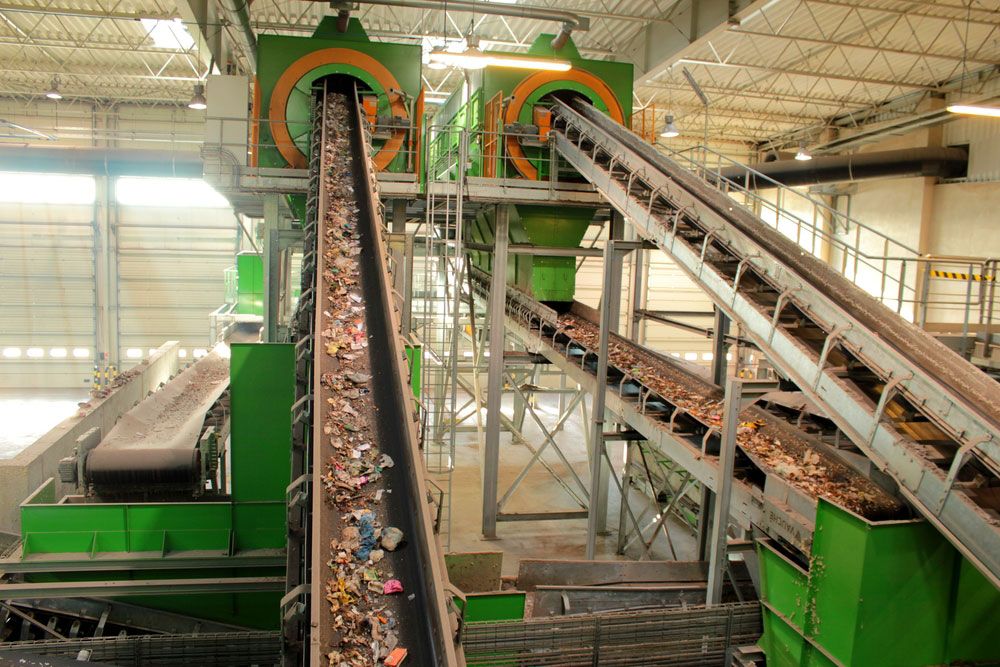
Common Treatment Methods for Industrial Waste Materials
At Enviro Care, we’re proud to offer trusted industrial waste disposal and transportation as one of our many environmental services. Trusted by public safety agencies and enterprises throughout Utah, we help customize waste management, disposal and recycling solutions to meet the needs of your specific industrial facility and keep you in compliance with all local regulations.
One of the most common questions we get from new or potential clients: What happens to my waste once it’s removed from my facility? Today’s blog will go over several treatment technologies out there that might be utilized depending on the materials being disposed of and the local LDR treatment standard for any chemicals.
Incineration
When mostly organic materials are those being disposed of, the primary process used tends to be incineration. This is generally done using a high-temperature rotary kiln, which heats up to extreme temperatures to efficiently combust organic materials.
In other cases, incineration may still be used even if there are not organic materials involved. However, this tends to come at an increased cost. There will also be certain circumstances where incineration is not allowed for a given material, such as when RCRA metals are used alongside no organic materials. Our team will inform you of scenarios where incineration won’t be an option if they arise.
Solvent Distillation
For certain solids soaked with (or containing) high quantities of BTU organic solvents, a process called solvent distillation is sometimes used. It involves contaminated solids sent into a very high distillation unit (often multiple stories), where extreme temperatures will be used to evaporate the solvents off the solid.
From here, the solvent vapors can be recondensed and processed as clean fuel formats. This is a method that helps re-use forms of solid waste, and as such it may be considered for state waste minimization tax breaks if used regularly enough.
Fuel Blending
This is a treatment format usually used for clean fuels, commonly organic solvents with high BTU values. It’s not technically a recycling process, but several states do recognize it as a more environmentally-friendly approach to recycling for fuels. It typically generates products that can fuel items like cement kilns and other industrial applications.
Metal Reclamation
Finally, for heavy metal recycling, metal reclamation is often used to salvage certain recoverable parts. Several part types are often good candidates here, including lead pigs, bricks and various silver fixer formats. SRU columns are also often used for metal reclamation. Mercury is another good example – it will be reclaimed virtually any time it’s being disposed of.
For more on the treatment processes used for various forms of industrial waste, or to learn about any of our hazardous waste collection or disposal services, speak to the staff at Enviro Care today.
